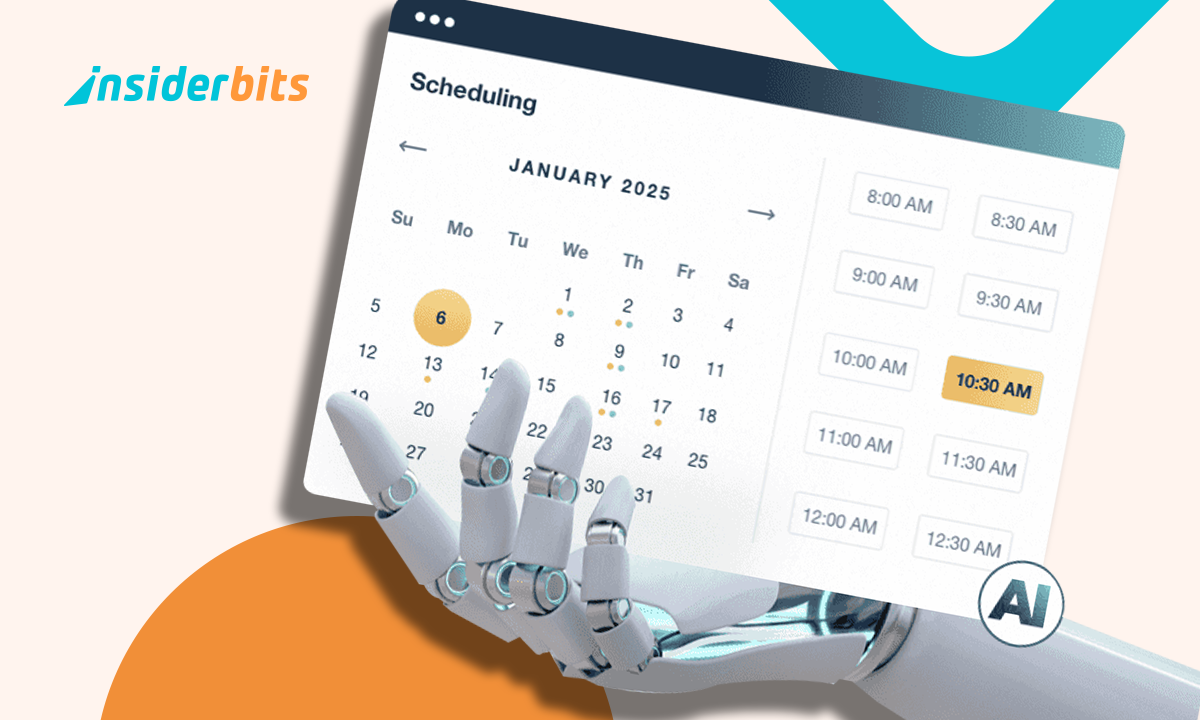Traditional search engines have dominated online research for years, and now, AI-powered search engines are introducing a smarter way to explore information, using artificial intelligence to analyze queries in real time and provide incredible results.
With AI-driven personalization, search results adapt to user behavior, improving relevance with every interaction. Some platforms even summarize articles, generate direct answers, and refine searches based on natural language understanding.
The rise of AI in search technology raises important questions such as privacy measures and the way we find information.
AI-Powered Search Engines: Revolutionizing the Way We Find Information
AI is changing how users interact with search engines, making information retrieval faster and more intuitive. Instead of relying on predefined ranking systems, AI-powered search engines analyze context and trends in real time.
This shift allows for more conversational search experiences, where queries feel more natural and responses are tailored to user preferences.
Features like predictive search and AI-generated summaries provide faster access to relevant data, responding to the growing demand for smarter and personalized results.

Top AI-Driven Search Platforms You Should Know About
The development of AI-powered search engines has introduced innovative alternatives to traditional platforms. While some specialize in privacy, others prioritize real-time AI assistance.
Brave Search – Privacy-Focused AI Search
Brave Search prioritizes user privacy and offers an independent search engine that does not track queries or store personal data. Unlike mainstream alternatives, it delivers unbiased results without relying on external indexing from major search giants.
The platform also integrates an optional AI-powered feature that generates concise answers and enhances search efficiency without compromising security.
For users seeking an ad-free and private browsing experience, Brave Search stands out as a strong alternative.
Perplexity – AI-Powered Research Assistant
Perplexity is redefining search, acting more like an AI-driven research assistant than a traditional search engine. Instead of simply listing links, it provides direct, summarized answers backed by credible sources.
With natural language processing capabilities, Perplexity enables users to refine queries interactively. This creates a more intuitive and informative search experience, minimizing the need for endless scrolling while maintaining accuracy.
You.com – Customizable AI Search Experience
You.com blends conventional search with AI-powered interactions and allows users to tailor their search experience.
The platform features an integrated AI chatbot that refines queries in real time to offer contextual responses.
Additionally, You.com provides a customizable interface that enables users to prioritize specific content sources or adjust search preferences based on their needs.
Merging AI-generated insights with traditional search results creates a more interactive and adaptive search environment.
Each platform brings a unique perspective to online research. As users explore new ways to find information, AI-driven search engines are redefining efficiency, accuracy, and user control.
How AI Enhances Search Accuracy and User Experience
AI-powered search goes beyond simple keyword matching, using natural language processing to interpret queries more effectively, allowing search engines to understand the intent behind questions rather than just displaying keyword-based results.
Personalized recommendations also improve user experience.
Search history and behavior influence the ranking of results and help users find relevant information more quickly. Moreover, AI-driven summaries further reduce the need to sift through multiple sources.
These advancements make searches faster and more accurate. Instead of endless scrolling, users receive contextual answers more efficiently than ever before.
The Technology Behind AI-Powered Search Engines
The core of AI-powered search engines lies in machine learning and large-scale language models. These systems continuously refine their understanding of search queries for more accurate and relevant results.
Neural networks analyze vast amounts of data and identify patterns that help anticipate user needs. Furthermore, some platforms integrate multimodal AI, which allows them to process text and images to enhance search versatility.
Instead of waiting for users to refine searches, these systems proactively suggest the best pathways to find precise information.
Challenges and Ethical Considerations in AI-Driven Search
The rise of AI-powered search engines introduces ethical concerns related to misinformation and user privacy. AI models rely on data training, which can sometimes reinforce biases present in the original datasets.
Privacy is another key issue. Some AI-driven platforms collect detailed search behavior, raising questions about data security and transparency. While privacy-focused alternatives exist, balancing personalization with user protection remains a challenge.
Ensuring fair and responsible AI usage in search engines is critical. Companies must prioritize transparency and accuracy while refining algorithms to provide balanced, reliable results.
AI-Powered Search Engines: The Future of Online Research? – Conclusion
AI-powered search engines are transforming how users interact with online information. With smarter algorithms and personalized results, these platforms enhance search efficiency like never before.
Traditional search engines may need to rethink their models.
While AI-driven search offers speed and accuracy, ethical concerns and data privacy remain central discussions in this new era of information retrieval.
Verwandt: Entdecken Sie die Ursprünge und Grenzen des ChatGPT-Wissens
Do you think AI-driven search engines are the future of online research? Stay informed with Insiderbits as we explore the latest advancements in AI technology!





